Knee Osteoarthritis Specialist In Singapore

Dr Wang Lushun
Senior Consultant Orthopaedic Surgeon
MBBS (Singapore)
MRCS (Edin)
MMed (Ortho)
FRCS (Ortho) (Edin)
- Improve your overall knee health with knee osteoarthritis treatment in Singapore
- Fellowship-trained orthopaedic surgeon
- Internationally recognised, more than 1500 surgeries performed
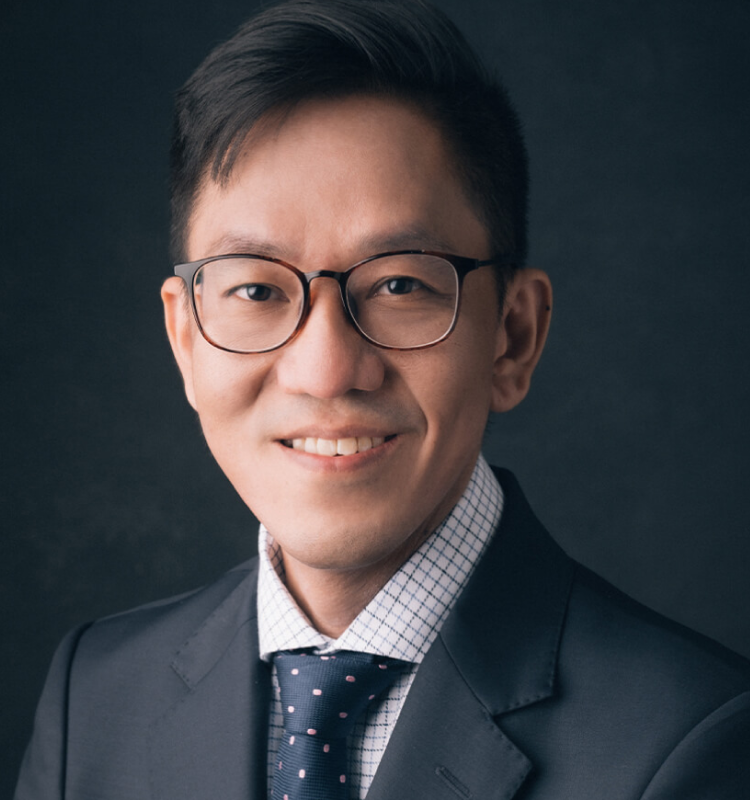
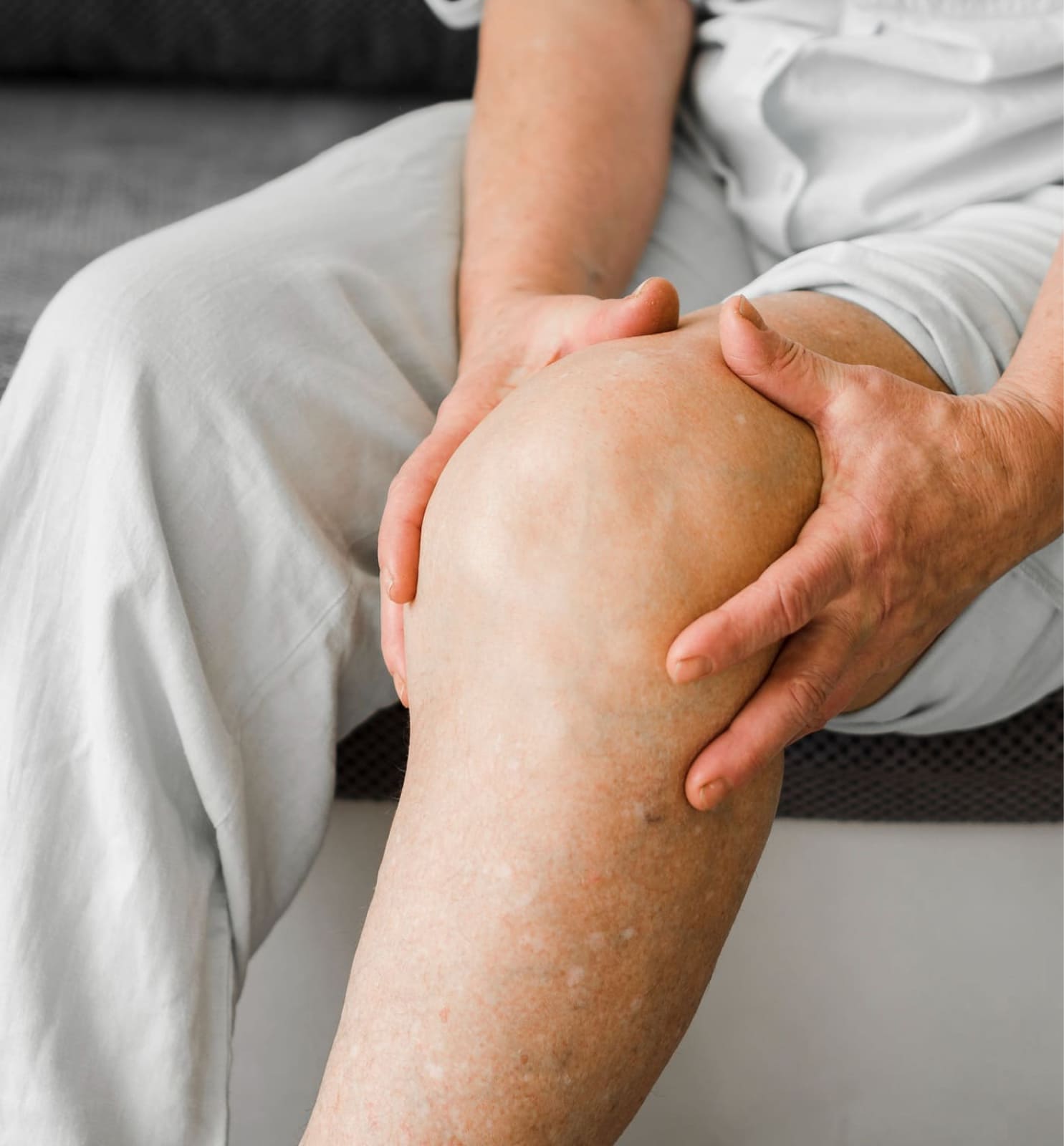
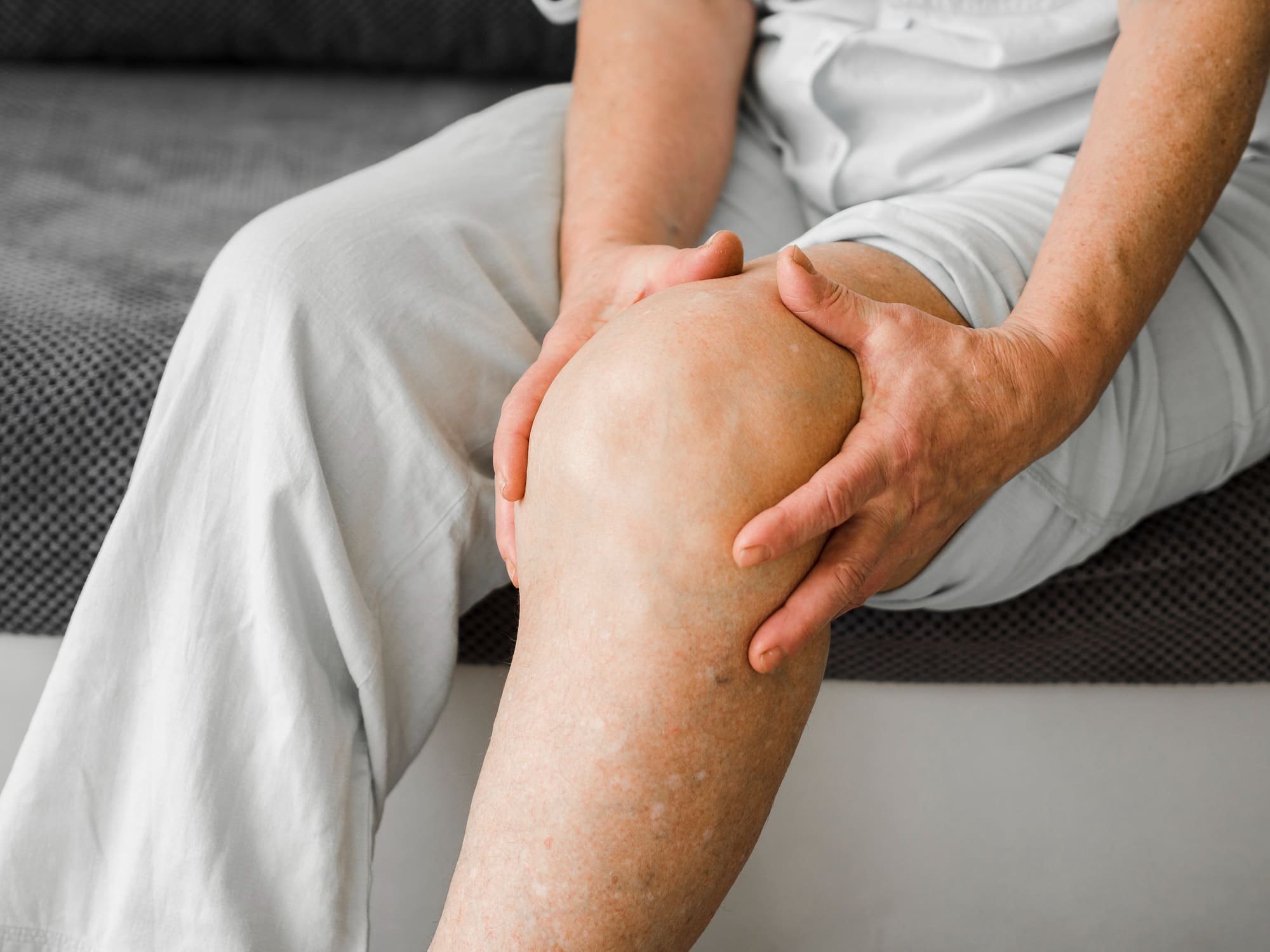
What is Knee Osteoarthritis?
Knee osteoarthritis is a degenerative joint disease that affects the knee joint. It is a common condition that can affect anyone but is most commonly seen in people who are over the age of 50. It can also be a symptom of other conditions such as rheumatoid arthritis, gout or lupus. If left untreated, knee osteoarthritis can have a serious impact on your quality of life, such as:
- Limited mobility and range of motion
- Reduced muscle strength
- Increased risk of falls caused by joint stiffness
- Decreased overall quality of life
Signs You Have Knee Osteoarthritis
Knee osteoarthritis is a common degenerative joint condition. To prevent further knee damage, it’s important to identify common signs such as:
Stiffness or reduced mobility
This occurs because the protective cartilage in your knee joint wears down, making it difficult to bend or straighten your knee smoothly.
Pain and aching
As the cartilage wears away, your bones rub together, leading to discomfort and aching, especially after prolonged activity or during weight-bearing tasks.
Swelling or inflammation
The increased friction between your bones triggers your body's inflammatory response, causing swelling and tenderness around your knee joint.
Crepitus or grinding sensation
When the cartilage becomes rough or wears away, you may feel or hear a grinding or crackling sensation as you move your knee, which indicates bone-on-bone contact.
Get Moving Again. Speak To Dr Wang Lushun To Get A Comprehensive
Diagnosis and Customized Treatment Plan For Knee Osteoarthritis
Diagnosis and Customized Treatment Plan For Knee Osteoarthritis
Restore your knees’ function, stability, and strength while preventing further long-lasting complications.
Treating your knee osteoarthritis can help you take control of your knee function and allow you to
rediscover your active lifestyle.
Am I A Candidate for
Knee Osteoarthritis Treatment?
Your orthopaedic specialist will carefully evaluate your condition and discuss the best treatment for your case. Here are some factors considered by knee osteoarthritis specialists for treatment:
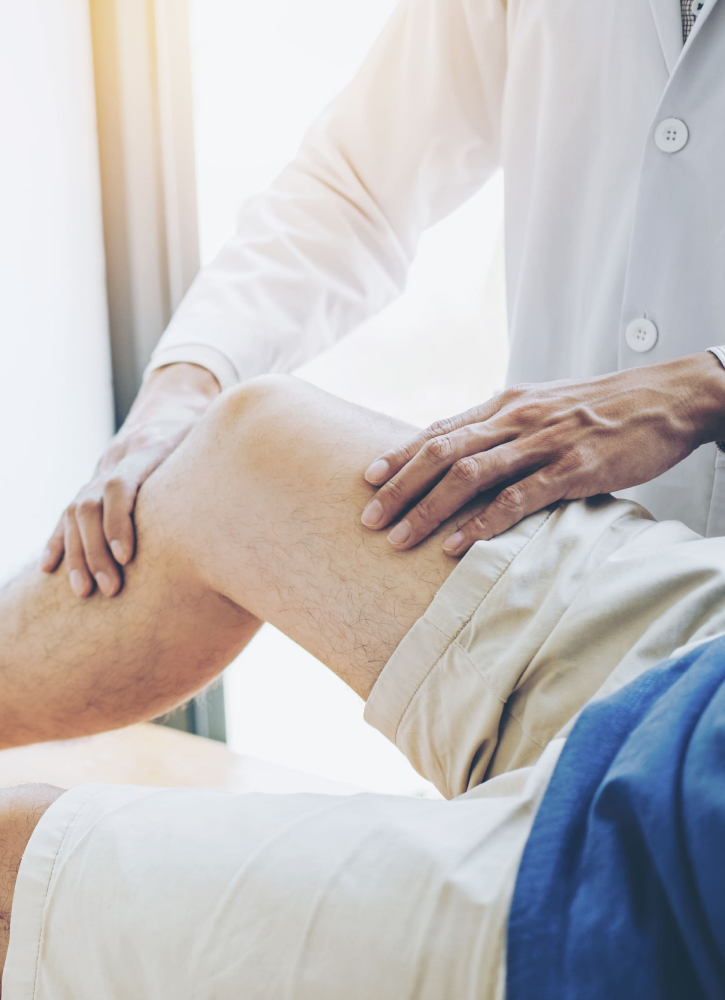
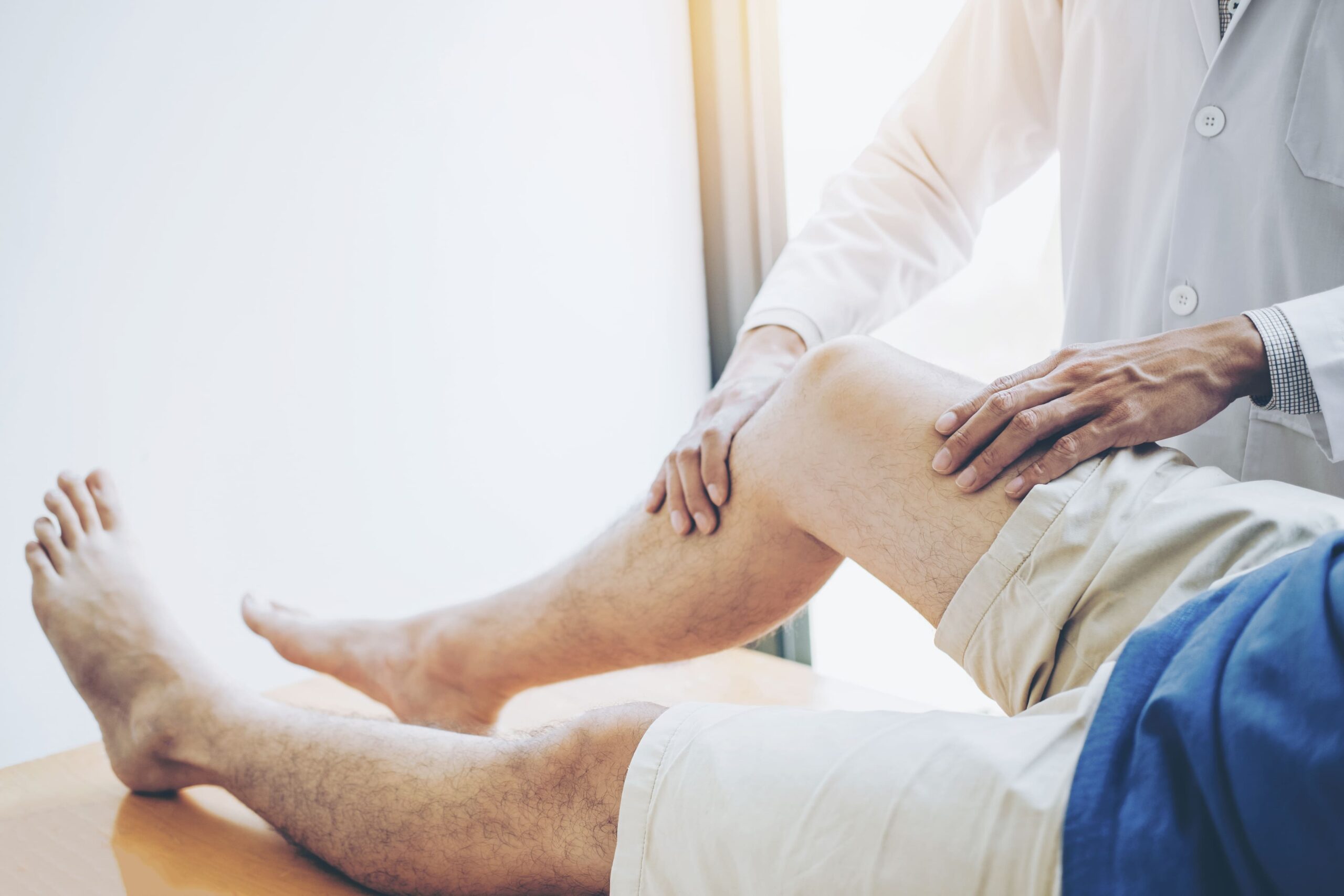
What causes knee osteoarthritis?
Knee osteoarthritis is caused by the gradual wearing away of cartilage in the knee joint. Factors such as age, obesity, genetics, previous injuries, and overuse can contribute to the development of knee OA.
Can knee osteoarthritis be cured?
There is currently no cure for knee OA. However, proper management, including lifestyle changes and medical intervention, can help alleviate symptoms, slow the progression of the disease, and improve the quality of life.
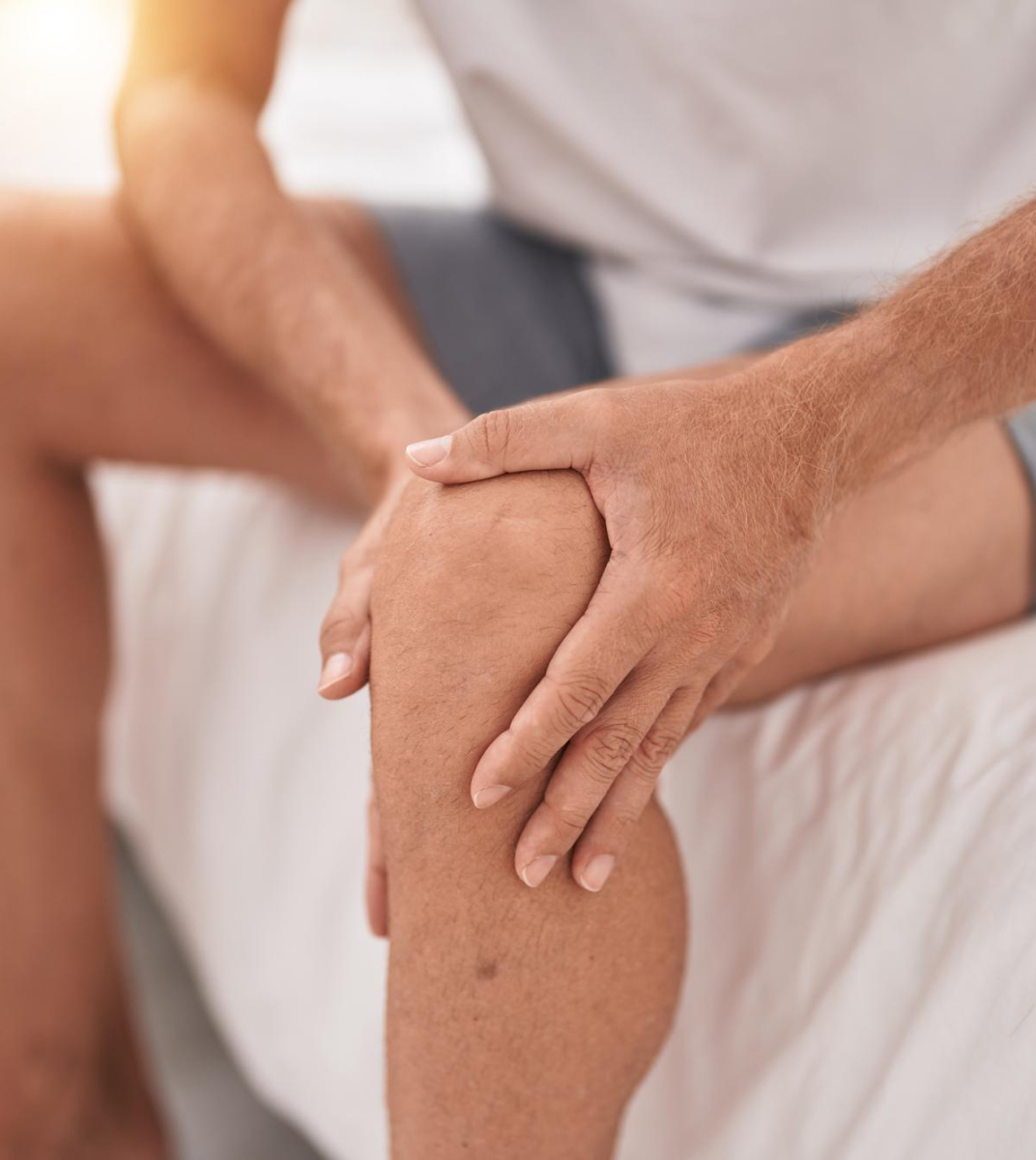
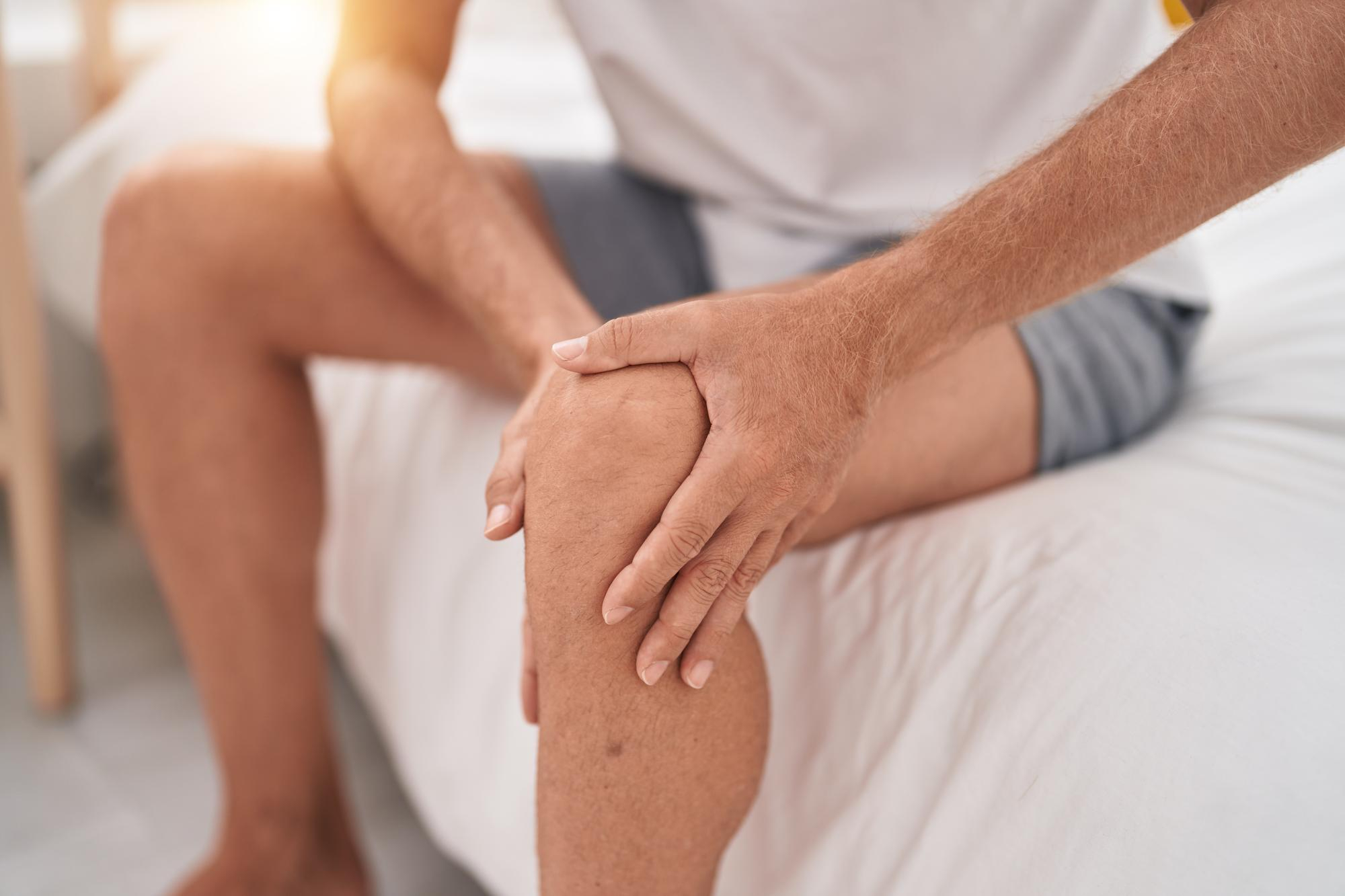
When Is The Best Time To Have Knee Osteoarthritis Surgery?
The optimal timing for knee osteoarthritis surgery depends on a combination of factors, such as the severity of the condition, the patient’s overall health, age, and lifestyle. In general, knee osteoarthritis surgery may be recommended when:
- Conservative treatments like physical therapy, pain medications, and lifestyle modifications have not provided sufficient relief.
- Pain and stiffness severely impact the patient’s daily activities and quality of life.
- The joint is showing significant degeneration or damage visible through imaging studies.
- The patient is in good overall health, which will improve the chances of a successful surgery and recovery.
Knee Osteoarthritis Surgery Recovery Process
| Recovery Period | What to Expect: |
|---|---|
| Immediately after surgery (Week 0-2): |
|
| First few weeks after surgery (Week 2-6): |
|
| First few months after surgery (Week 6-12): |
|
| Several months after surgery (12 weeks onwards): |
|


Dr Wang Lushun
Senior Consultant Orthopaedic Surgeon
MBBS (Singapore)
MRCS (Edin)
MMed (Ortho)
FRCS (Ortho) (Edin)
Internationally Recognised & Double Fellowship-Trained Surgeon With Over 18 Years of Experience
- Bachelor of Medicine & Bachelor of Surgery (MBBS),
National University of Singapore - Member of The Royal College of Surgeons (MRCS),
Edinburgh, United Kingdom - Master of Medicine in Orthopaedic Surgery (MMed),
National University of Singapore - Fellow of The Royal College of Surgeons in Orthopaedics and Traumatology (FRCS), Edinburgh, United Kingdom
As a Senior Consultant Orthopaedic Surgeon and former Head of the Hip and Knee Division in Ng Teng Fong Hospital, he has won awards for superior patient outcomes (value driven), service quality and enhanced recovery programmes. His patients include current and former national athletes and sporting professionals.
Why Choose
Dr Wang Lushun?
Trusted
Leadership on Orthopaedic Advisory Boards
Skilful
Double Fellowships at Centres of Excellence
Experienced
Senior Consultant with Over 18 Years of Experience
Can I Use Medisave For Knee Osteoarthritis Treatment?
Yes you can use your Medisave to offset the cost of treatment for knee osteoarthritis.
Reach out to us today to learn more about payment options.
Patient-Centred Orthopaedic Care
We are dedicated to your recovery and well-being. Every patient deserves the freedom that comes with active living. Whether you're an athlete sidelined by an injury or a weekend hobbyist desperate to return to your passion, our mission is to help you regain your mobility and independence.
Personalised Approach For Positive Outcomes
Our clinic prioritizes time dedicated to understanding each patient’s injuries and needs. Dr Wang strongly believes that personalised care & patient management will lead to better outcomes & positive experiences.
Minimally Invasive Techniques For Faster Recovery
Dr Wang’s extensive experience with minimally invasive procedures allows for less scarring, lower risk of complications and faster recovery compared to traditional surgical methods.
Aftercare Focused On Restoring Mobility & Well-Being
As an avid sportsperson, Dr Wang understands the time and patience required to regain mobility and return to active living. After your procedure is completed, Dr Wang will make sure your recovery is smooth and comfortable.
Insurance
We accept all patients, with or without insurance plans. Additionally, we are on the specialist panels of these Health Networks/Insurance Plans. Please contact us if you have any queries and we will be happy to assist you in checking with your insurance provider.
Our Clinic Locations
3 Mount Elizabeth, #13-14
Mount Elizabeth Medical Centre
Singapore 228510
820 Thomson Road, Mount Alvernia Hospital, #05-51, Medical Centre D, Singapore 574623
Frequently Asked Questions
Is knee osteoarthritis hereditary?
Genetics can play a role in the development of knee OA. If you have a family history of the condition, you may be at a higher risk of developing it. Knee osteoarthritis is more common in Women of South East Asian descent.
How is knee osteoarthritis diagnosed?
Knee OA is diagnosed through a physical examination, review of medical history, and imaging tests such as X-rays or MRI to assess the extent of joint damage.
Can I still exercise with knee osteoarthritis?
Yes, low-impact exercises such as swimming, cycling, and walking can help strengthen muscles, improve flexibility, and maintain a healthy weight, which can alleviate symptoms and slow the progression of knee OA.
How can I manage knee OA pain at home?
Over-the-counter pain relievers, hot or cold therapy, and gentle stretching can help manage knee OA pain at home. However, consult your healthcare provider for personalized recommendations.
When should I consider surgery for knee OA?
Surgery may be considered when conservative treatments have failed to provide relief, and the joint damage is severe enough to impact your daily activities and quality of life.
How long does it take to recover from knee replacement surgery?
Recovery from knee replacement surgery varies but generally takes about three to six months. Physical therapy and adherence to post-operative instructions are essential for a successful recovery.